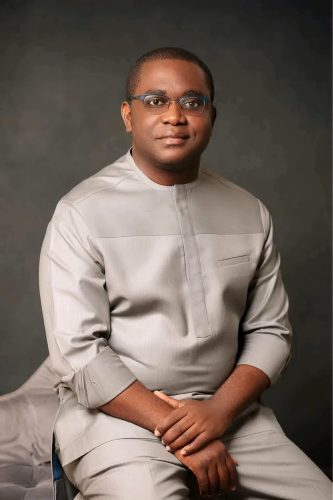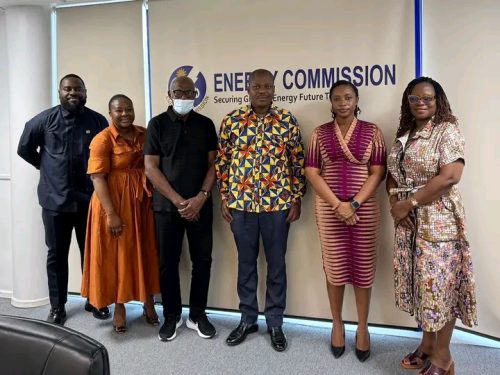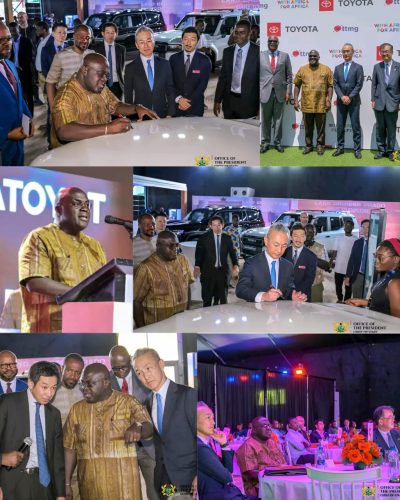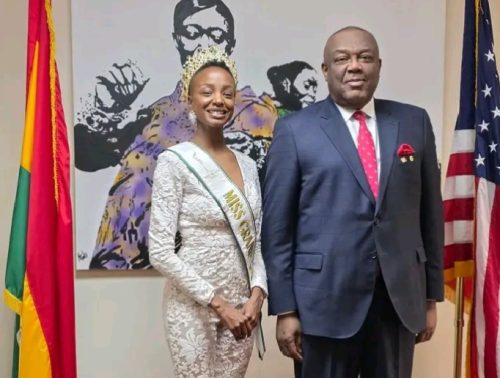
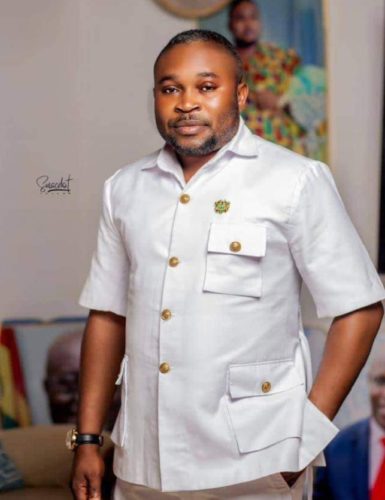
In recent years, corruption has been a key issue in Ghanaian politics, with many citizens calling for greater accountability and transparency from their leaders.
In this context, the comparison between former Ghanaian president John Mahama and current Vice President Mahamudu Bawumia has been an important topic of discussion.


Many have argued that Bawumia has proven to be incorruptible, unlike Mahama, who has been accused of various corruption scandals during his time in office.

One of the main reasons why Bawumia is seen as incorruptible is his background as an economist.

Bawumia holds a PhD in economics from Simon Fraser University in Canada and has worked as a lecturer at various universities both in Ghana and abroad.


This academic background has given Bawumia a deep understanding of economic principles and the importance of good governance in ensuring transparency and accountability in government.
This has made him a trusted figure among many Ghanaians who see him as a technocrat who puts the country’s interests first.
Furthermore, Bawumia’s actions in office have also reinforced his reputation as someone who is committed to fighting corruption.
As the head of the Economic Management Team in Ghana, Bawumia has been at the forefront of implementing various policies aimed at reducing corruption and improving accountability in government. This includes initiatives such as the digitization of government services, which has helped to streamline processes and reduce opportunities for corruption.
Bawumia has also been vocal in calling out corrupt practices and has shown a willingness to take action against individuals implicated in corrupt activities.
On the other hand, John Mahama’s time in office was marred by various corruption scandals.
One of the most notable cases was the infamous GYEEDA scandal, in which millions of dollars were misappropriated from a government youth employment program. Mahama’s government was also accused of overspending on projects and awarding contracts to cronies, leading to concerns about the misuse of public funds.
These scandals tarnished Mahama’s reputation and eroded public trust in his administration.
Additionally, Mahama’s track record on transparency and accountability has been called into question.
During his time in office, Mahama was accused of not doing enough to tackle corruption and failing to hold corrupt officials accountable.
This perceived lack of action further fueled suspicions that Mahama was either complicit in corrupt activities or turning a blind eye to them.
This contrasted sharply with Bawumia’s proactive approach to combating corruption, which has earned him praise from many quarters.
It is also worth noting that Bawumia’s personal integrity and honesty have played a significant role in shaping his image as an incorruptible leader.
Unlike some politicians who have been accused of using their positions for personal gain, Bawumia is known for his modesty and humble lifestyle. He has consistently stated that he is in politics to serve the people and improve the lives of Ghanaians, rather than to enrich himself.
This has resonated with many Ghanaians who are tired of corrupt practices and see Bawumia as a refreshing change from the norm.
In contrast, Mahama’s lavish lifestyle and close ties to wealthy individuals have raised suspicions about his true motivations. Many have questioned how someone who claims to be a man of the people can afford such a luxurious lifestyle and maintain expensive properties and cars.
This disconnect between Mahama’s public image and his personal wealth has fueled speculation about his involvement in corrupt activities and has undermined his credibility as a leader.
Overall, the comparison between Bawumia and Mahama highlights the importance of integrity and accountability in governance. While Bawumia has proven to be incorruptible through his actions and statements, Mahama’s track record on corruption is less than stellar.
The contrast between the two leaders underscores the need for politicians to be transparent, honest, and accountable to the people they serve. In the fight against corruption, leaders like Bawumia who prioritize good governance and moral integrity can set a positive example for others to follow.
It is only through such commitment to ethical leadership that Ghana can build a more transparent and accountable political system for the benefit of all its citizens.
By
Hon. John Kwame Duodu
The New Patriotic Party (NPP) First Vice Chairman for Atwima Nwabiagya Constituency
The Ashanti Regional TESCON patron

Enock Akonnor is an experienced Ghanaian journalist, based in Kumasi and currently serves as the CEO and Managing Editor of www.leakyghana.com.
With a wealth of expertise built over many years in the media industry, he has earned a solid reputation as one of Ghana’s most sought-after journalists.
Contact:
📞 +233 541 921 562
✉️ enockakonnor2013@gmail.com






